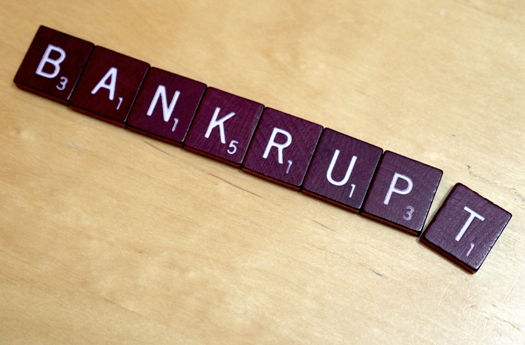People spend a lot of time worrying about their finances, often several hours each day. When you have a lot of debts, you may reach a point when you’re considering bankruptcy.
You may have continuous overdraft fees and credit card problems, and feel that you’re completely unable to pay back the money you owe. However, bankruptcy isn’t the only option, and for many people there could be alternatives.
It can be a complicated process and deciding whether bankruptcy is the right route for you isn’t easy. You need to think carefully about it before you initiate the process and make sure you talk to someone who knows what they’re doing. If you think you might need to declare bankruptcy, follow these steps to help you decide the best course of action.
Look at All the Options
Bankruptcy is a last resort, and it doesn’t automatically fix all your financial problems. Before you look any further into becoming bankrupt, you need to understand what the process can and can’t do for you.
There are certain types of debt that filing for bankruptcy won’t remove, such as taxes and child support. It can stay on your credit record for up to ten years, which can result in creditors no longer wanting to lend you money.
Apart from bankruptcy, there are other options that you can take too. Before you go ahead and file, you can try undergoing financial coaching or credit counseling, where a professional will help you to work through your debt.
You can also try credit card consolidation or negotiating with your creditors to help you make your credit card debt more manageable. If you have taken out loans, loan modification or refinancing can help you come up with a plan to pay them back.
The Types of Bankruptcy
There are two kinds of bankruptcy, called chapter 7 and chapter 13. A chapter 7 bankruptcy is the most popular option. It is often called “liquidation bankruptcy.” In this process, a court-appointed trustee sells (or liquidates) certain non-exempt assets you own and uses that money to pay off creditors.
If you have a large amount of unsecured debt, for example, medical bills or credit cards, and little income, this is probably the best option for you.
Chapter 13 is also called “wage earner’s bankruptcy.” Instead of liquidating assets, you create a repayment plan to pay back all or part of your debts over 3 to 5 years. This option is for people with a steady income who can afford to make regular payments but still need help restructuring debt.
Work Out the Best Option
There are many factors that will determine which option is best for you. It’s not always easy working out what to do, so you should get professional advice.
In order to file for bankruptcy, you need to undergo credit counseling within 180 days of filing, so this can be a good first step. A financial adviser can help you work out if bankruptcy is for you.
You can also hire a lawyer, who can explain the different options available to you and help you choose and carry out the right one.
Becoming bankrupt is a significant step and doesn’t fix all your financial woes. It’s crucial to speak to someone in the know before going ahead with the process.
